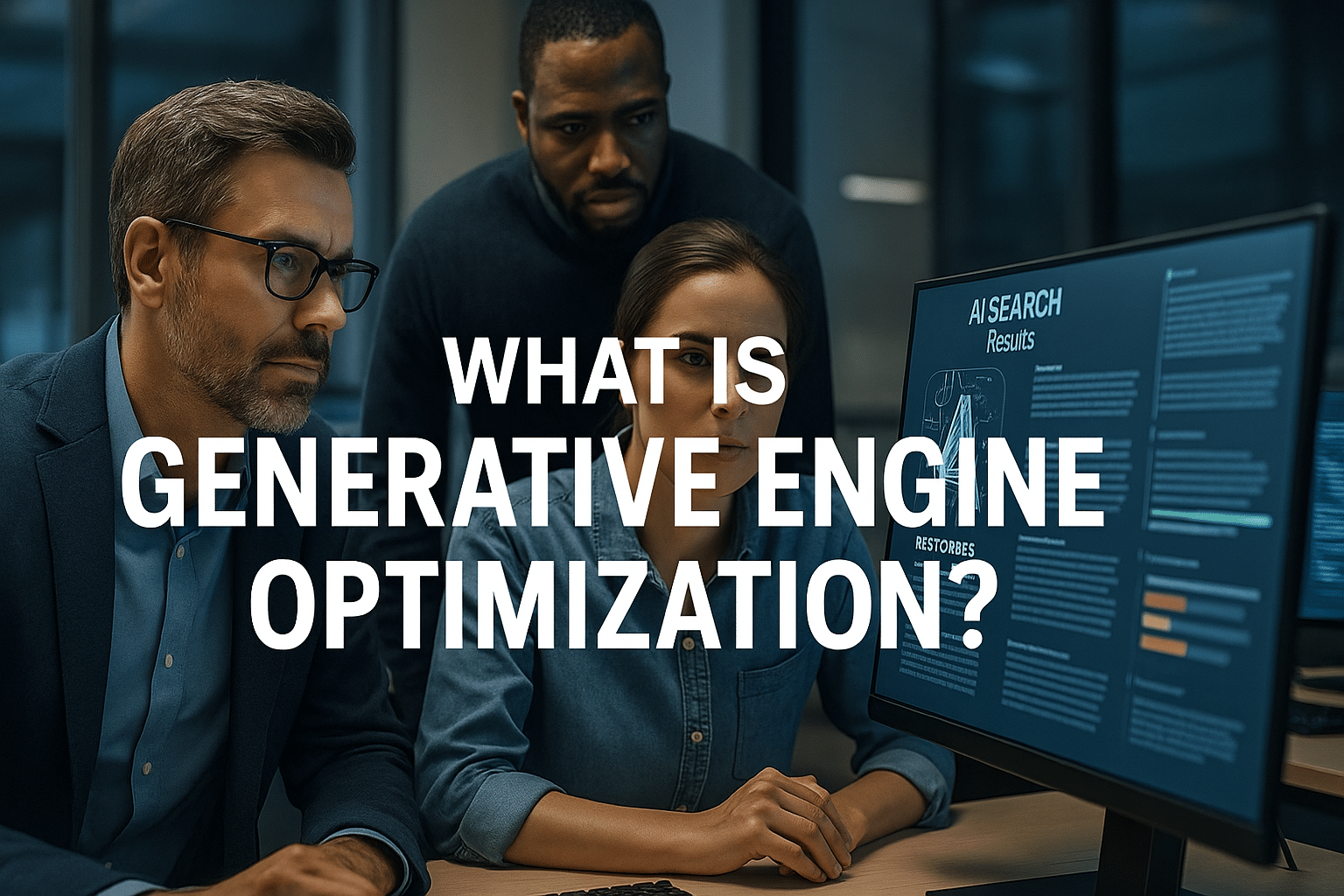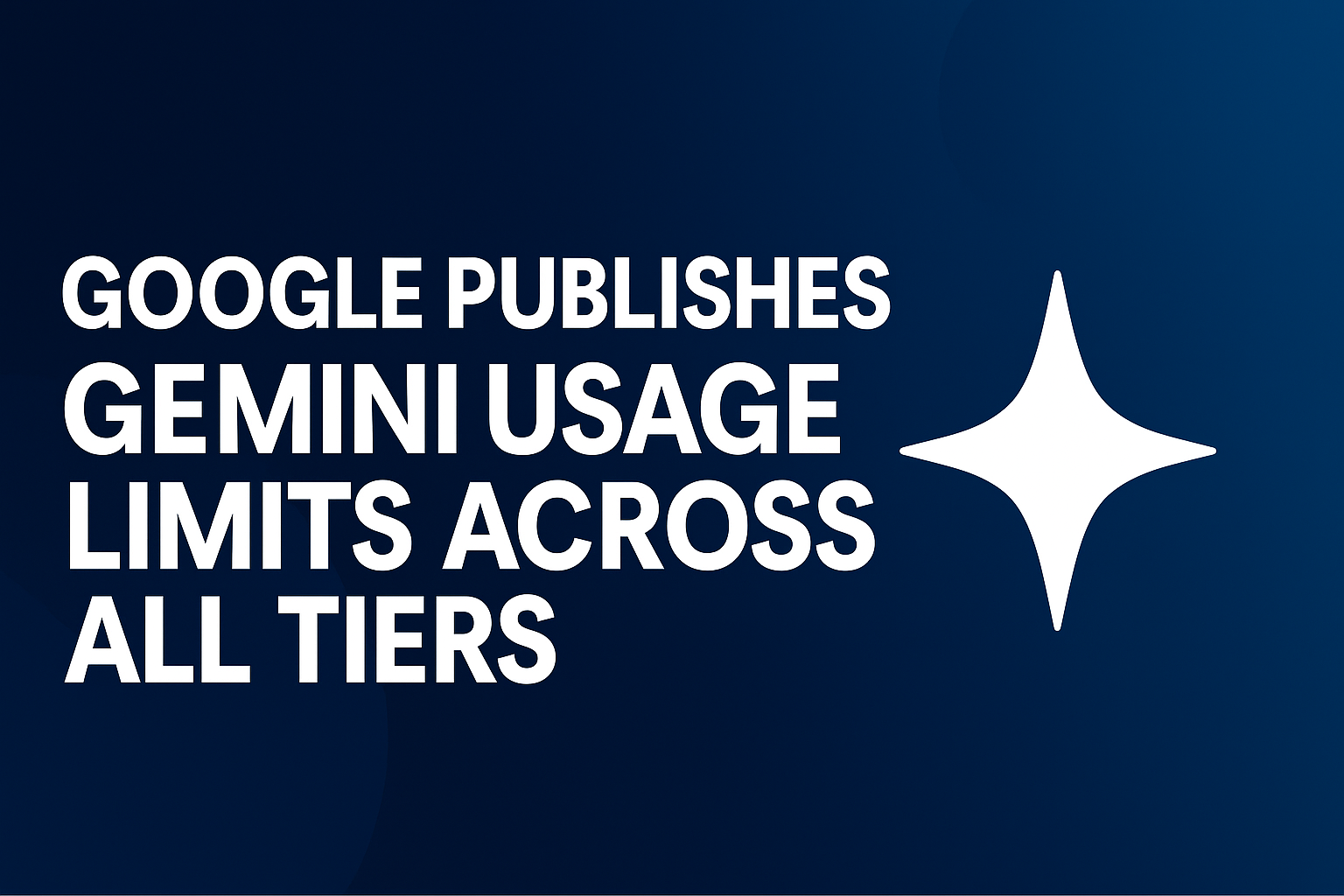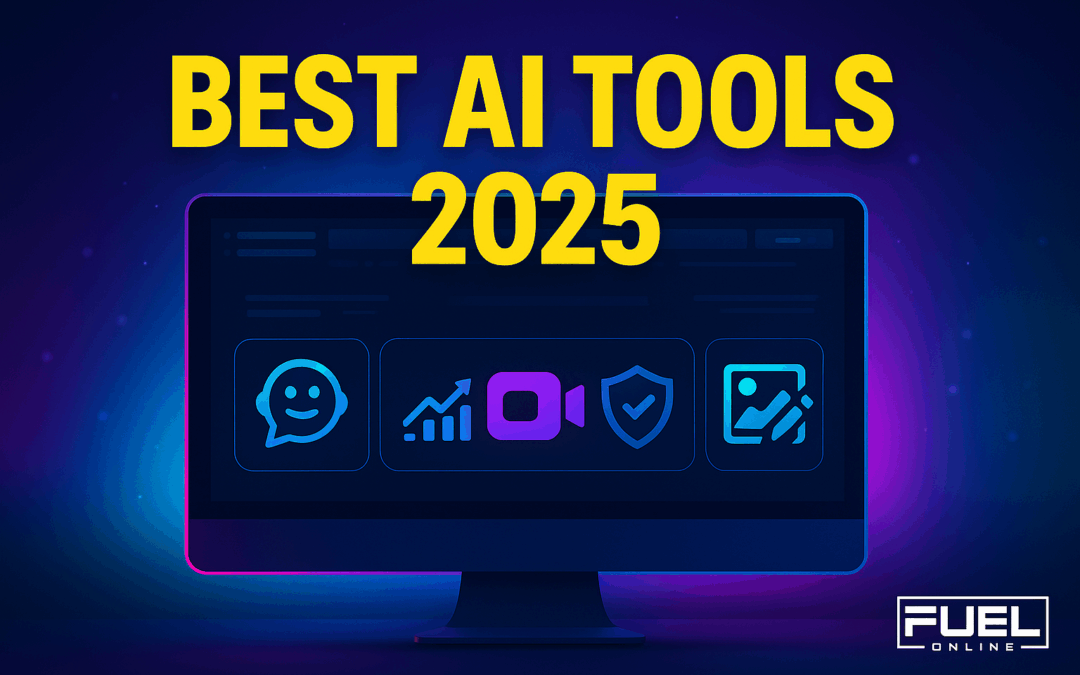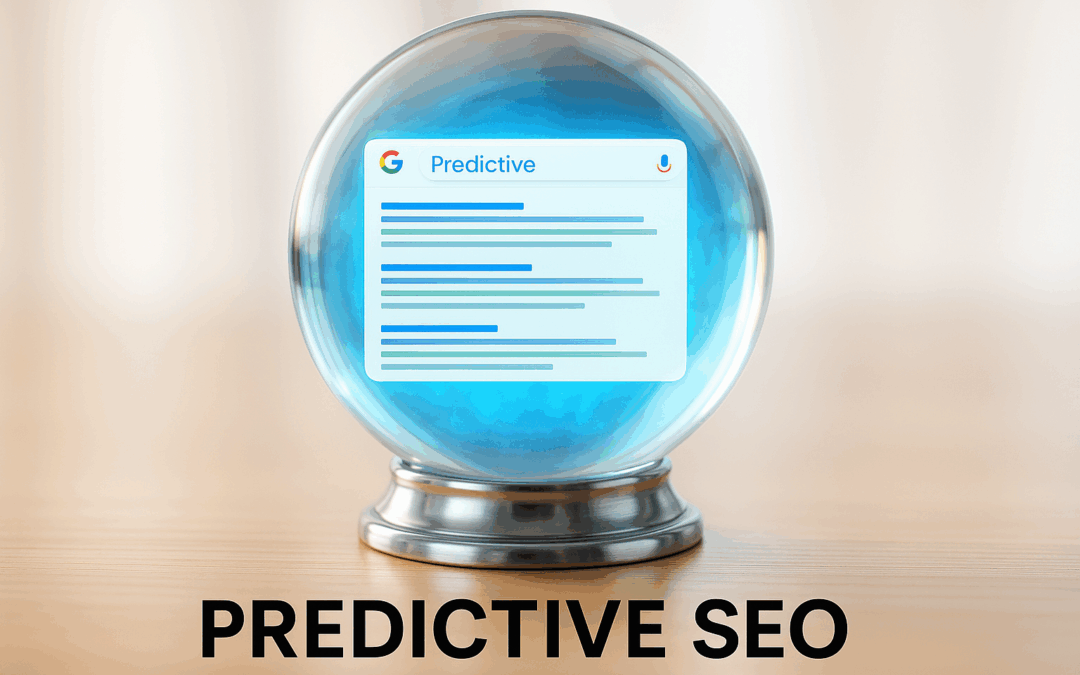Let’s face it — the way people find information online has changed dramatically. Forget the old days of clicking through ten blue links. Today, answers are instant, conversational, and often handed to you directly by AI. Google’s SGE, ChatGPT, and Bing’s Copilot are rewriting the rules. And that’s exactly why Generative Engine Optimization (GEO) matters more than ever.
GEO is about earning your spot inside those AI-generated responses — being the voice that gets quoted, cited, or summarized when AI serves up answers. This guide covers the essentials: what GEO really means, how it’s different from traditional SEO, and the exact strategies you’ll need to succeed in the world of generative search.
What is Generative Engine Optimization (GEO)?
GEO — short for Generative Engine Optimization — is the practice of designing and structuring your content so that AI models (like ChatGPT, Gemini, or Perplexity) can easily find it, trust it, and include it in the responses they generate for users.
In traditional SEO, your goal is to rank high on search engine results pages (SERPs). With GEO, you’re aiming to become the cited source within the AI’s generated answer.
And here’s the twist: instead of optimizing for humans scanning headlines, you’re optimizing for machines parsing text, relevance, authority, and clarity. That means even high-ranking pages might get skipped by AI if they’re not formatted and structured the right way.
Why GEO Is a Big Deal Now
- Google SGE is live: SGE snippets are already rolling out to users worldwide.
- AI-first tools are exploding: Think ChatGPT, Claude, Bing Copilot, and Perplexity.ai.
- Zero-click experiences dominate: If you’re not showing up in AI summaries, your brand is losing mindshare — even if your rankings look good.
We’re entering a reality where users no longer even see your link before making a decision. The AI makes the call, citing what it sees as authoritative. Your job? Make sure you’re that source.
And let’s be honest — this isn’t coming. It’s already here. If your content strategy hasn’t adjusted for AI yet, you’re playing catch-up.
Fuel is the LEADING Agency specializing in AI SEO GEO –
GEO vs. SEO: What’s the Difference?
| Feature | Traditional SEO | GEO (AI-Focused) |
|---|---|---|
| Goal | Rank in search results | Be cited in AI-generated answers |
| Audience | Human searchers | Language models (LLMs) |
| Metrics | Traffic, CTR, backlinks | Mentions, citations, prompt recall |
| Tactics | Keywords, backlinks, metadata | Structured data, clarity, authority |
| End Result | A click and visit | A mention, summary, or citation |
How to Optimize for Generative Engines
1. Start With Direct, Clear Answers
Don’t bury the lead. Start your articles by answering the core question in the first 2–3 lines. Use short, punchy statements. AI loves clarity.
2. Use Smart Structuring
Headlines. Subheadings. Bullet points. Q&A format. These all help AI models parse and understand what you’re saying.
3. Implement Schema Markup
Use structured data like FAQPage, HowTo, and Article schema. It’s a huge signal to AI that your content is organized and trustworthy.
4. Earn Credibility Off-Site
Mentions in high-authority domains like Wikipedia, Crunchbase, or industry news boost your authority in the eyes of AI.
5. Keep It Fresh
AI doesn’t want outdated stats or references. Update key pieces quarterly and ensure facts are current.
6. Match Real Search Prompts
Think how users ask questions: “How do I…?”, “What’s the best way to…?”, “Why does…?”
7. Add Depth Without Fluff
AI values completeness. Don’t write just to hit a word count — give real substance. Cite data. Compare approaches. Offer insights.
Best Types of Content for GEO
- Simple, well-structured FAQs
- Explainer articles with real-world analogies
- Data roundups with clear sourcing
- Product/service comparisons
- Prompt-formatted answers (“What is…”, “How does…”, etc.)
Top Tools to Track GEO Impact
- SGE.dev – See if your site is showing up in Google SGE
- Perplexity.ai Search – Test prompt recall of your content
- Originality.AI – Ensure your writing feels human, not robotic
- Ahrefs/SEMRush – Track mentions and citations offsite
- Writesonic / Jasper – Optimize copy for AI readability
Real Talk: GEO Is the New Playing Field
Let’s not sugarcoat it — the AI layer is becoming the most powerful influence on search behavior. Generative engines are how users consume, compare, and decide. If your content isn’t compatible with how LLMs select data, it simply won’t be part of the conversation.
But here’s the opportunity: Most brands are still slow to adapt. This is your chance to jump ahead.
By blending human insight, strong formatting, structured data, and off-site trust, you position your brand to show up where it counts — in the answers.
Fuel Online is the Leading ai SEO Agency in the industry with a full blown Ai Research Department. Focused on GEO – Generative Engine Optimization, SGE, AI SEO Services





